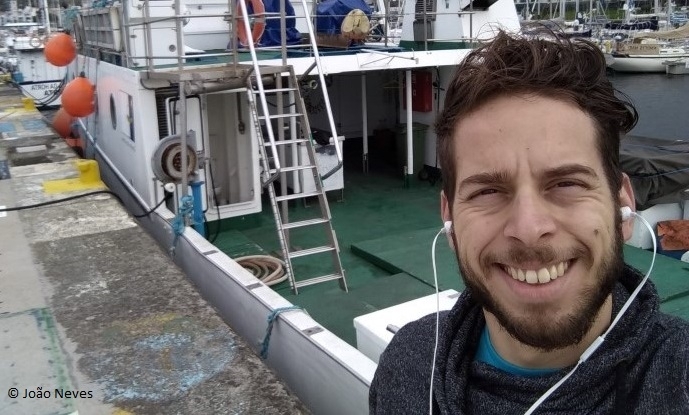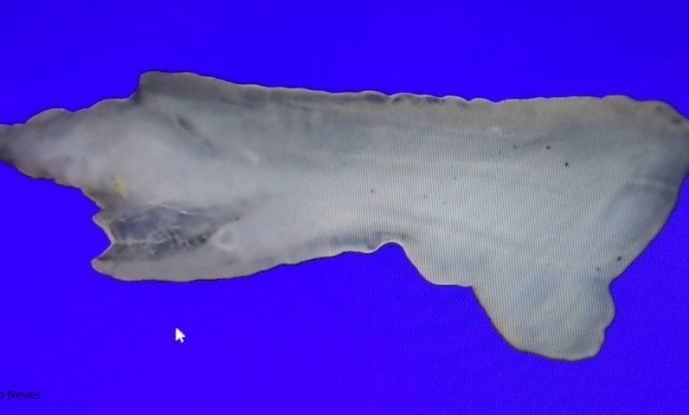João Neves
PhD Student
Details
Position
PhD Student
Member type
Students
Email
Degree
MSc
Address
CIBIO-InBIO, Universidade do Porto, Campus de Vairão, Rua Padre Armando Quintas, 4485-661 Vairão, Portugal
Groups
During my academic career, I focused on the impact on estuarine-dependent fish species stocks, demonstrating the human pressure on these resources, focusing on a critically endangered species, the European eel.
During my past professional path, I worked on projects focused on understanding the structure and spatial-temporal dynamics of the Rajidae species; the impact and influence of climate change on species that use the estuary as protection zones for their juvenile growth and larval stages, by collecting tissue samples for genetic analyses, trophodynamics, and microstructure of otoliths of larvae, juveniles, and adults; and studying a long-term perspective and predictions on the impacts of climate change in marine ecosystems by developing chronologies based on otolith increment, evaluating environmental drivers of growth variability and marine ecosystem productivity, through mixed effect modeling approaches.
In the last years, I studied the population structure of European sardine, based on the analysis of the morphometry of the otoliths using shape indices and descriptors; and participate in the multivariate statistical analysis of results, in a holistic and comparative study with the genomic results. In addition to these themes, I also have a special interest in issues related to the impact of extrinsic variables on the specimens, conservation, and preservation of natural populations and communities, and the impacts of global changes on these populations and communities, as well as to deepen the theme of biological modeling.
My present work aims to use a holistic approach combining genetics, isotope analyses, body morphometrics, and otolith shape analysis to clarify the stock structure and connectivity of small pelagic species and understand how populations are affected by environmental drivers. This study will also use available species information and historical sampling collections. Results of this work will improve our understanding of species population dynamics and inform models for an ecosystem approach to fisheries management.


